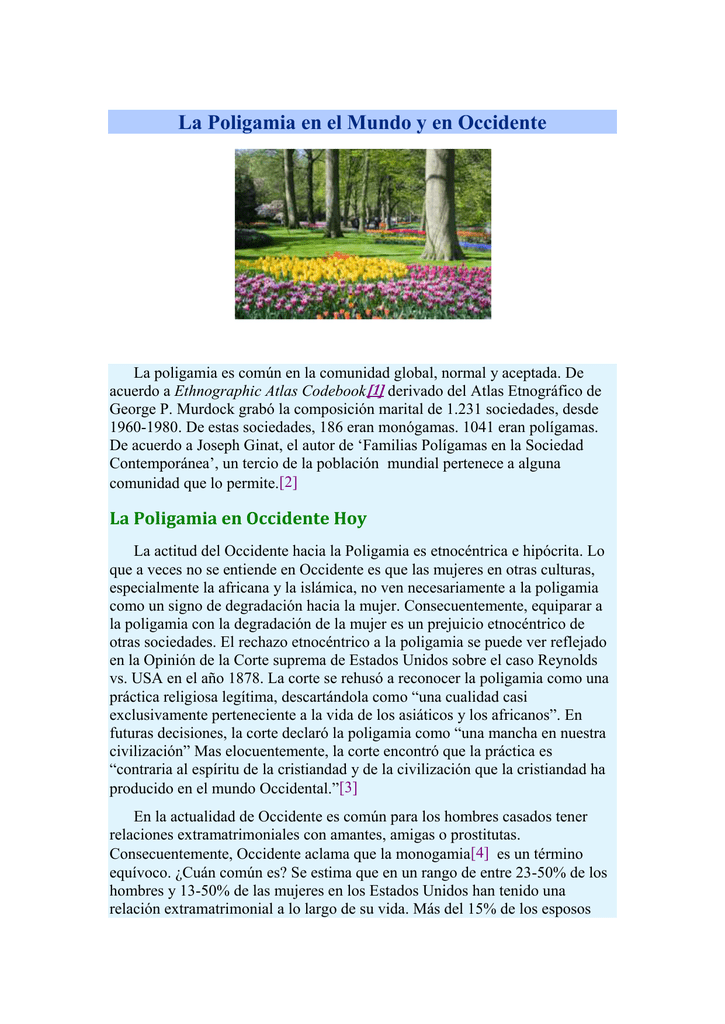
The course will focus on the qualitative coding and analysis of textual data (e.g. Please attend our other course (if available) on qualitative data analysis for a more substantive discussion of the theoretical embedding, quality indicators and write-up of research based on qualitative data analysis. Inductive coding means that codes are found “bottom-up”, based on an exploration of data (rather than determined before the analysis and operationalized in a code book, which is more typical of quantitative content analysis).įurther, this course focuses on the practical aspects of qualitative coding and analysis. The course focuses on the inductive form of coding, which is typical of qualitative research. The second meeting is optional and bilateral (between instructor and student), and offers students the opportunity to get feedback on their coding and first analytic results.

#Ethnographic atlas codebook full#
The first session is with the full class and includes hands-on exercises. This course explains qualitative coding and analysis in general and in ATLAS.ti in particular in two meetings. Visual exploration of scientific literature with VOSviewer.SICSS-ODISSEI Summer School on Computational Social Science.Share your work via the Open Science Framework.Self-presentation: focus, structure, interaction and visualisation.Safety and security for fieldwork research.Responsible research data management (RDM).Quantitative and qualitative text analysis with MATLAB.Qualitative data analysis with Grounded Theory.Qualitative coding and analysis of textual data with ATLAS.ti.Professionalism and integrity in research.Philosophy of the Humanities and Social Sciences.
#Ethnographic atlas codebook how to#
Mixed method research: how to combine diverse quantitative and qualitative methods.Maximise your visibility as a researcher.Making your research proposal work for you.Making your research count: impact in times of information overload.




 0 kommentar(er)
0 kommentar(er)
